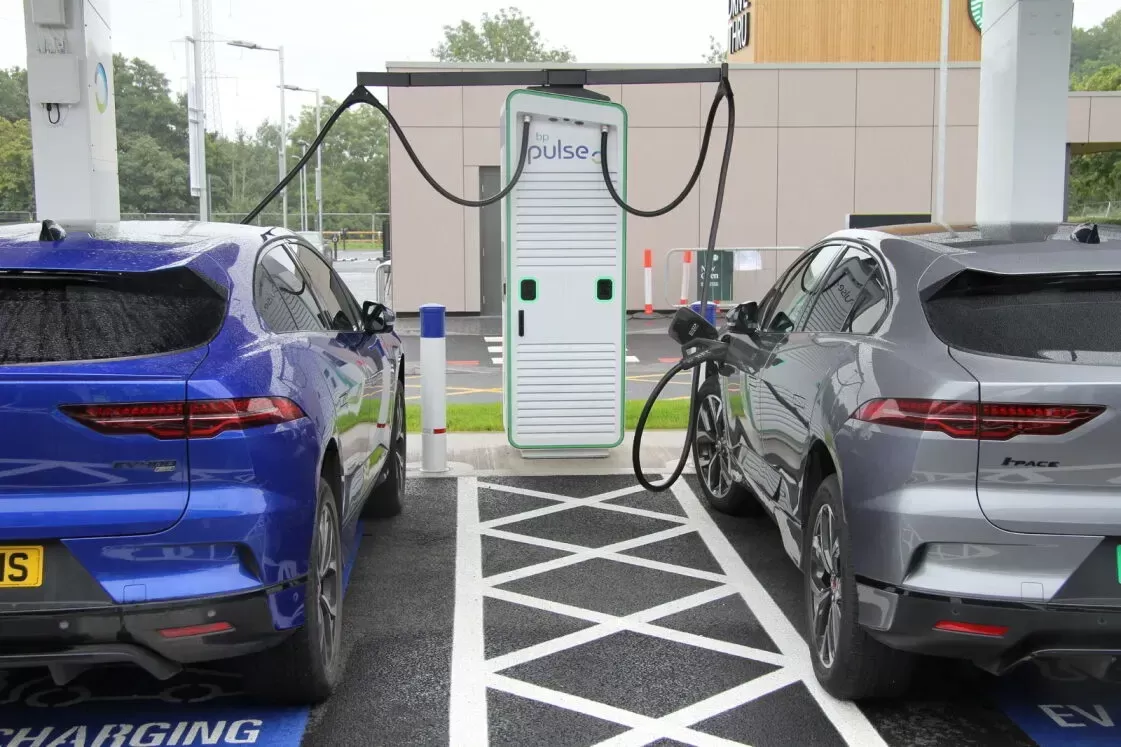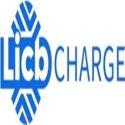Notifications

8 minutes, 45 seconds
-20 Views 0 Comments 0 Likes 0 Reviews

Understanding Kilowatts (kW) and Kilowatt-Hours (kWh) in Electric Vehicles
As a top EV charger manufacturer in China, LiCB Charge delivers reliable AC and DC electric vehicle charging stations along with complete charging solutions.
For those new to the world of electric vehicles (EVs) and EV charging, the jargon can be overwhelming. Terms like kilowatts (kW) and kilowatt-hours (kWh) often appear in conversations about EV performance, charging, and electricity bills. Understanding these terms can make a significant difference when it comes to choosing the right EV and managing charging costs effectively. At LiCB Charge, we aim to simplify these concepts to make EV ownership more accessible.
A kilowatt (kW) is a unit of power that measures the rate at which energy is consumed or produced at any given moment. One kilowatt equals 1,000 watts. In everyday life, you might see this measurement on appliances or electronics to indicate how much power they need to operate.
For example, a 1-kW electric heater consumes one kilowatt of power while it is running. Similarly, a 100-watt light bulb (or 0.1 kW) uses less power because it requires fewer watts to function.
In the context of EVs, kW is used to describe:
Motor Power Output: This determines how much energy the vehicle’s motor can use to produce motion. A 100-kW motor consumes 100 kilowatts of electrical power for acceleration and driving.
Charging Power: The kW rating of a charging station indicates how quickly it can deliver power to an EV’s battery. A higher kW rating typically means faster charging.
A kilowatt-hour (kWh) is a unit of energy that measures how much electricity is consumed or generated over a specific period of time. Unlike kW, which indicates instantaneous power, kWh incorporates time, giving you a measure of total energy usage.
For example:
A 1-kW electric heater running for one hour will consume 1 kWh of energy.
If the same heater operates for five hours, it consumes 5 kWh of energy.
In the context of EVs, kWh is used to measure the energy capacity of a vehicle’s battery. A 40-kWh battery can store enough energy to power a car for a specific distance, depending on the vehicle’s efficiency. Larger batteries, such as a 75 kWh, provide a longer driving range.
To determine the power (kW) of an appliance, device, or EV motor, use the following formula:
kW = W ÷ 1,000
For example, a 1,500-watt appliance:
kW = 1,500 ÷ 1,000 = 1.5 kW
To calculate energy consumption in kilowatt-hours, you need the power rating in kilowatts and the duration of operation in hours. The formula is:
kWh = kW × Time (hours)
For example, if a 2-kW oven operates for 3 hours:
kWh = 2 × 3 = 6 kWh
The primary distinction between kW and kWh is what they measure:
kW (Kilowatt): Measures the rate at which energy is consumed or generated at a specific moment.
kWh (Kilowatt-Hour): Measures the total energy consumed or stored over time.
Think of kW as the speed of energy usage, and kWh as the distance traveled. For example, if an EV motor uses 100 kW of power while driving, it consumes energy at a rate of 100 kilowatts per hour. Over one hour, this translates to 100 kWh of energy consumption.
Understanding kW and kWh is crucial for anyone considering or already driving an electric vehicle. These measurements affect various aspects such as driving performance, charging times, and costs.
Motor Power Output (kW): The kW rating of an EV motor determines how quickly the vehicle can accelerate and how much energy it can use at any time.
A compact EV may have a 50 kW motor for city driving.
A high-performance EV could have motors rated at 300 kW or more, allowing for rapid acceleration.
Battery Capacity (kWh): The larger the battery capacity (in kWh), the longer the vehicle can travel before needing a recharge.
A 40-kWh battery may offer around 150 miles of range.
A 100-kWh battery can provide a range of over 300 miles, depending on efficiency.
Charging Speed (kW): Charging stations are rated in kW to indicate how quickly they can charge an EV’s battery. Charging speeds depend on the charger’s kW rating and the vehicle’s maximum charging capacity:
Level 1 (1-2 kW): Slow charging from a standard outlet, suitable for overnight use.
Level 2 (7-22 kW): Faster charging for daily use at home or public stations.
DC Fast Charging (50-350 kW): Ultra-fast charging for long-distance travel.
Planning Your Daily Commute: If your EV consumes 15 kWh per 100 miles, and your daily commute is 50 miles, you would need 7.5 kWh to complete the journey. This helps you plan when and where to charge.
Comparing EV Models: Comparing battery capacities in kWh allows you to assess the range of different models. Smaller batteries are suitable for short trips, while larger ones are ideal for longer journeys.
Estimating Charging Costs: Electricity costs are usually based on kWh. For example, if your utility charges $0.15 per kWh, and your EV requires 50 kWh to charge fully:
50 kWh × $0.15 = $7.50 for a full charge.
Is a Higher kW Always Better? Not necessarily. Higher kW ratings may provide more power, but they also increase energy consumption. For efficiency, a lower kW motor may be more suitable for everyday driving.
Does a Larger kWh Battery Mean Longer Charging Times? Not always. While a larger battery requires more time to charge, the charging speed also depends on the charger’s kW rating. High-powered DC fast chargers can reduce charging time significantly.
Understanding the differences between kilowatts (kW) and kilowatt-hours (kWh) is essential for EV owners and prospective buyers. While kW measures power at a specific moment, kWh measures total energy consumption over time. Mastering these concepts will help you optimize your driving experience, control charging costs, and make more informed decisions about your EV.
At LiCB Charge, we’re committed to simplifying EV ownership by breaking down technical jargon into practical knowledge. Whether you’re choosing a new EV or managing your charging routine, understanding kW and kWh helps you get the most out of your electric vehicle.Know more about Google SEO Directory
China EV Chargers EV Charger Manufacturer Smart EV Chargers Electric Car Chargers Electric Vehicle Chargers Electric Car Charging Stations

